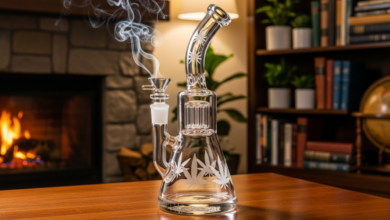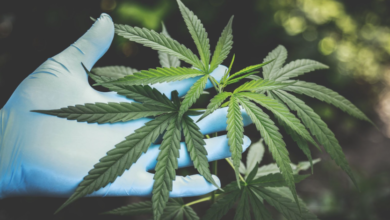Is CBD Oil Legal in Iowa?

The legality of CBD oil in Iowa is a topic that warrants careful consideration, particularly in light of the state and federal regulations established by the 2018 Farm Bill. While CBD oil is permitted when it contains less than 0.3% THC, understanding the nuances of Iowa's specific guidelines is crucial for consumers. Moreover, the implications of these regulations on the production and sale of CBD products raise questions about quality and safety. What should consumers be aware of when navigating this evolving landscape?
Overview of CBD Oil Legality
The legality of CBD oil in Iowa is governed by a complex framework of state and federal regulations that delineate its permissible use and distribution.
These regulations impact the potential health benefits of CBD oil, as well as the various sourcing methods employed by producers.
Understanding these legal parameters is essential for consumers seeking to utilize CBD oil responsibly and effectively within Iowa's jurisdiction.
Iowa State Regulations
Iowa's state regulations surrounding CBD oil are shaped by both the 2018 Farm Bill and specific state legislation, which collectively define the allowable THC content and establish guidelines for production and sale within the state.
These regulations facilitate hemp cultivation and encourage the exploration of CBD's medicinal uses, ensuring that the market operates within a legal framework that prioritizes safety and quality.
Federal Guidelines on CBD
Federal guidelines on CBD are primarily governed by the 2018 Farm Bill, which legalized hemp-derived products containing less than 0.3% THC. This legislation established a framework for their production, distribution, and consumption across the United States.
These federal policies have spurred significant CBD research, facilitating a deeper understanding of its potential benefits and risks. They also ensure that consumers can access compliant products within a regulated environment.
Buying and Using CBD in Iowa
Navigating the landscape of buying and using CBD in Iowa requires an understanding of both state regulations and market availability, which have evolved since the legalization of hemp-derived products.
Consumers can explore various CBD product types, including oils, edibles, and topicals.
When purchasing, consider sourcing from reputable vendors and checking third-party lab results to ensure quality and compliance with Iowa's regulations.
Conclusion
In summary, the legality of CBD oil in Iowa is defined by stringent state regulations and adherence to federal guidelines.
Products must contain less than 0.3% THC, ensuring compliance with the 2018 Farm Bill.
Responsible production and sale practices foster consumer confidence while promoting safe usage.
By understanding the legal framework and sourcing from reputable providers, individuals can navigate the complexities of CBD oil legality, safeguarding both health and adherence to the law.




